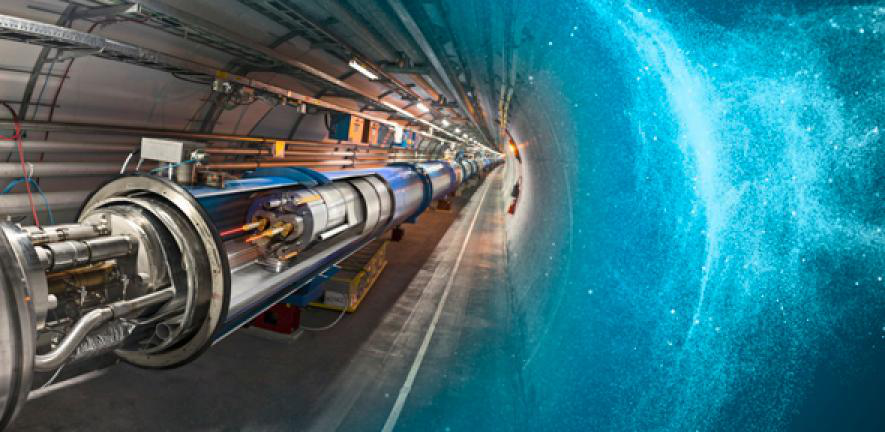Speaker
Description
The resistive plate chamber (RPC) is a fast gaseous detector that provides a muon trigger system parallel with the drift tubes and cathode strip chambers in the CMS experiment. It consists of two parallel plates, a positively-charged anode and a negatively-charged cathode, both made of a very high resistivity plastic material and separated by a gas volume. It is used in many high-energy physics experiments due to its simple design, construction, good time resolution, high efficiency, and low-cost production.
In this research, we aimed to find the ideal operating conditions of the CMS RPCs using Garfield++ as simulation software. We studied the effect of temperature on various RPC parameters. The electron transport parameters like drift velocity, Townsend coefficient and Diffusion coefficient have been computed under different temperatures and gas mixtures using MAGBOLTZ, while the primary ionization number and energy loss have been studied using HEED. We used the nearly exact Boundary Element Method (neBEM) solver in the calculation of the weighting field and electric field. Finally, we applied Ramo’s theorem to calculate the induced signal.
The simulation results showed that temperature affects RPC performance. As the temperature increased, the drift velocity, Townsend coefficient and amplitude of the induced signal increased.

